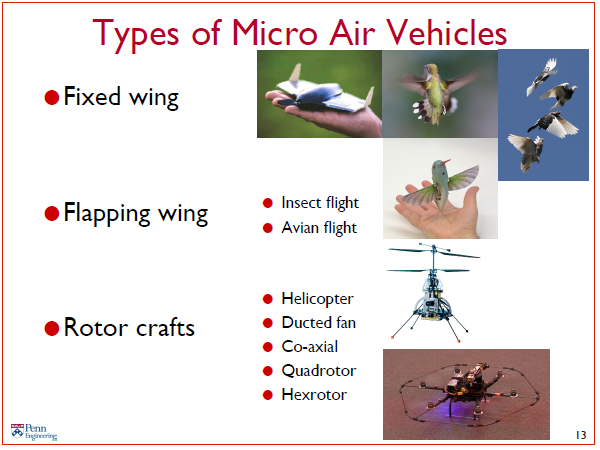|
The Industrial Internet of Things (IIoT) is rapidly transforming the manufacturing landscape, ushering in a new era of efficiency, connectivity, and productivity. This network of interconnected devices and machines is revolutionizing traditional manufacturing processes by enabling real-time data collection, analysis, and optimization. In this article, we will explore the key aspects of IIoT and its profound impact on the future of industry. At its core, IIoT involves interconnecting various industrial devices, sensors, equipment, and systems to create a seamless flow of information. These interconnected devices are equipped with sensors and embedded with software that enables them to communicate and exchange data with each other. This connectivity allows manufacturers to monitor every aspect of their operations and make data-driven decisions for improved efficiency and productivity. One of the primary advantages of IIoT is its ability to collect vast amounts of data from different sources in real-time. Sensors placed on machines can capture data on parameters like temperature, pressure, vibration, and energy consumption. This data, when combined with advanced analytics and machine learning algorithms, provides valuable insights into the performance and health of equipment. Manufacturers can detect anomalies, predict failures, and schedule preventive maintenance, reducing downtime and improving overall equipment effectiveness. Furthermore, IIoT facilitates end-to-end visibility across the manufacturing process. From raw material procurement to product delivery, manufacturers can track and monitor every step of the production cycle. This enhanced visibility enables better inventory management, optimized supply chain operations, and improved quality control. Real-time data on inventory levels, production rates, and customer demands allows manufacturers to respond quickly to changing market conditions and make agile decisions. Another significant aspect of IIoT is its role in enabling autonomous operations. Smart factories equipped with IIoT technologies can automate routine tasks, optimize workflows, and minimize human intervention. For instance, robots equipped with sensors can collaborate with human workers, performing repetitive and hazardous tasks while ensuring safety. This not only increases productivity but also improves worker safety and frees up human resources to focus on more complex and value-added activities. However, with the increasing connectivity and reliance on data, security and privacy concerns are critical considerations in IIoT implementation. Manufacturers must invest in robust cybersecurity measures to protect sensitive data from cyber threats. Implementing secure communication protocols, access controls, and encryption techniques are vital to maintaining the integrity and confidentiality of the data transmitted between devices. In conclusion, the Industrial Internet of Things is revolutionizing the manufacturing industry by enabling real-time data collection, analysis, and optimization. The seamless interconnectivity of devices and systems allows manufacturers to enhance efficiency, improve productivity, and optimize operations. By harnessing the power of IIoT, manufacturers can create smart factories that automate processes, increase visibility, and make data-driven decisions. However, it is important to address security concerns and ensure the protection of data in this interconnected ecosystem. The future of manufacturing lies in embracing the potential of IIoT and leveraging its transformative capabilities to stay competitive in the dynamic global market.  |
